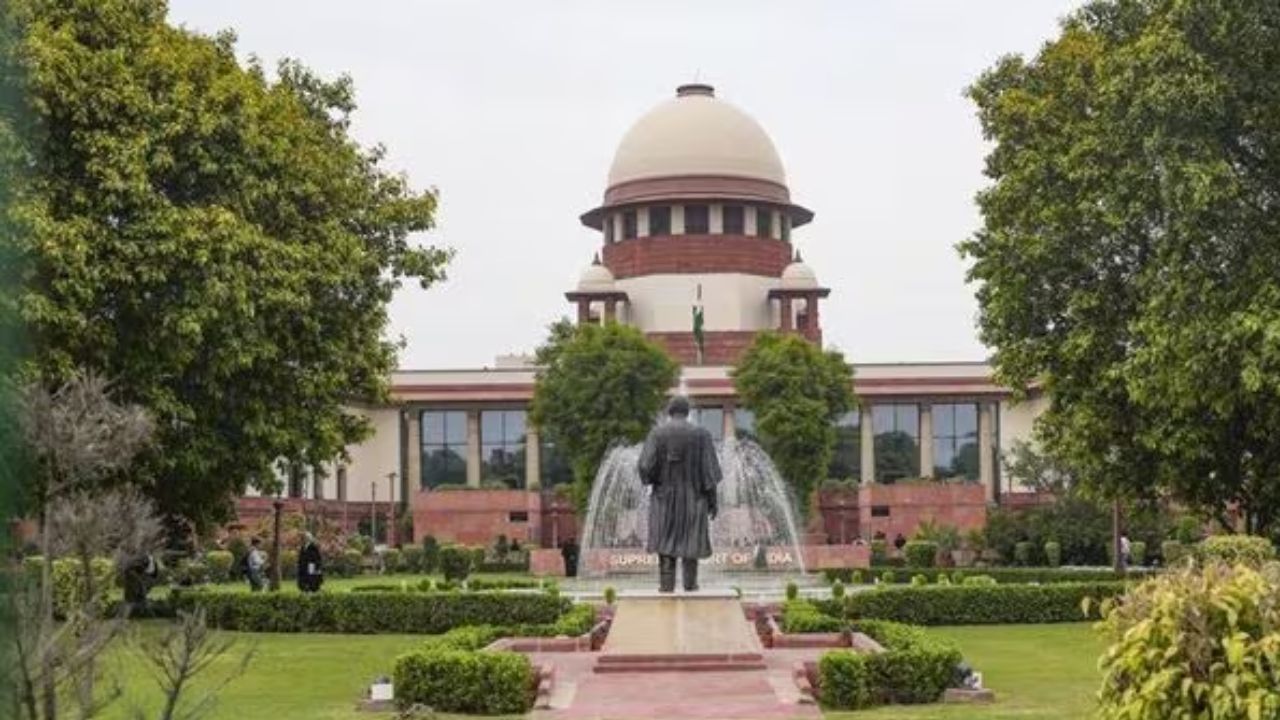 English
English

The Supreme Court has put hold on the controversial clause mandating that only those who had practiced Islam for at least five years could create a Waqf.

Supreme Court
New Delhi: The Supreme Court on Monday limited the powers of district collectors under the Waqf (Amendment) Act, 2025, ruling that executive authorities cannot be permitted to decide property rights. While refusing to stay the Act entirely, the court put on hold provisions that allowed government officers to determine whether Waqf properties had encroached on state land, reports Dynamite News correspondent.
The bench, led by Chief Justice B.R. Gavai and Justice A.G. Masih noted that such provisions risk undermining the independence of Waqf boards and interfering with the rights of beneficiaries.
Waqf Act 2025: ‘Step Towards Transparency’; Petitioners welcome the SC verdict
Reading out the interim order, CJI Gavai said, “The requirement for registration was there from 1995 till 2013. It was taken away in 2013; therefore, there is nothing new.”
The stayed provisions empowered designated officers to submit reports to the government on alleged encroachments by Waqf properties, following which the state could direct the Waqf Board to amend its records. The court clarified that until a judicial finding attains finality, possession and ownership rights over Waqf properties cannot be disturbed. It also held that no third-party rights can be created until disputes regarding title are conclusively settled.
“The provision permitting the collector to determine rights over property is against the doctrine of separation of powers. The Executive cannot be permitted to determine the rights over property,” the bench added.
Supreme Court stays 3 provisions in Waqf Amendment Act, Board CEO must be a Muslim; Full details…
However, the court declined to stay the provision requiring registration of Waqf by the user, noting that the measure would continue in operation. At the same time, it put hold on the controversial clause mandating that only those who had practiced Islam for at least five years could create a Waqf. The bench said this provision will remain suspended until state governments frame the relevant rules.
The bench also addressed the composition of Waqf boards, directing that the number of non-Muslims in state Waqf boards and the Central Waqf Council cannot exceed three. As per the court these measures were necessary to protect certain provisions while allowing the bulk of the Act to remain in force.